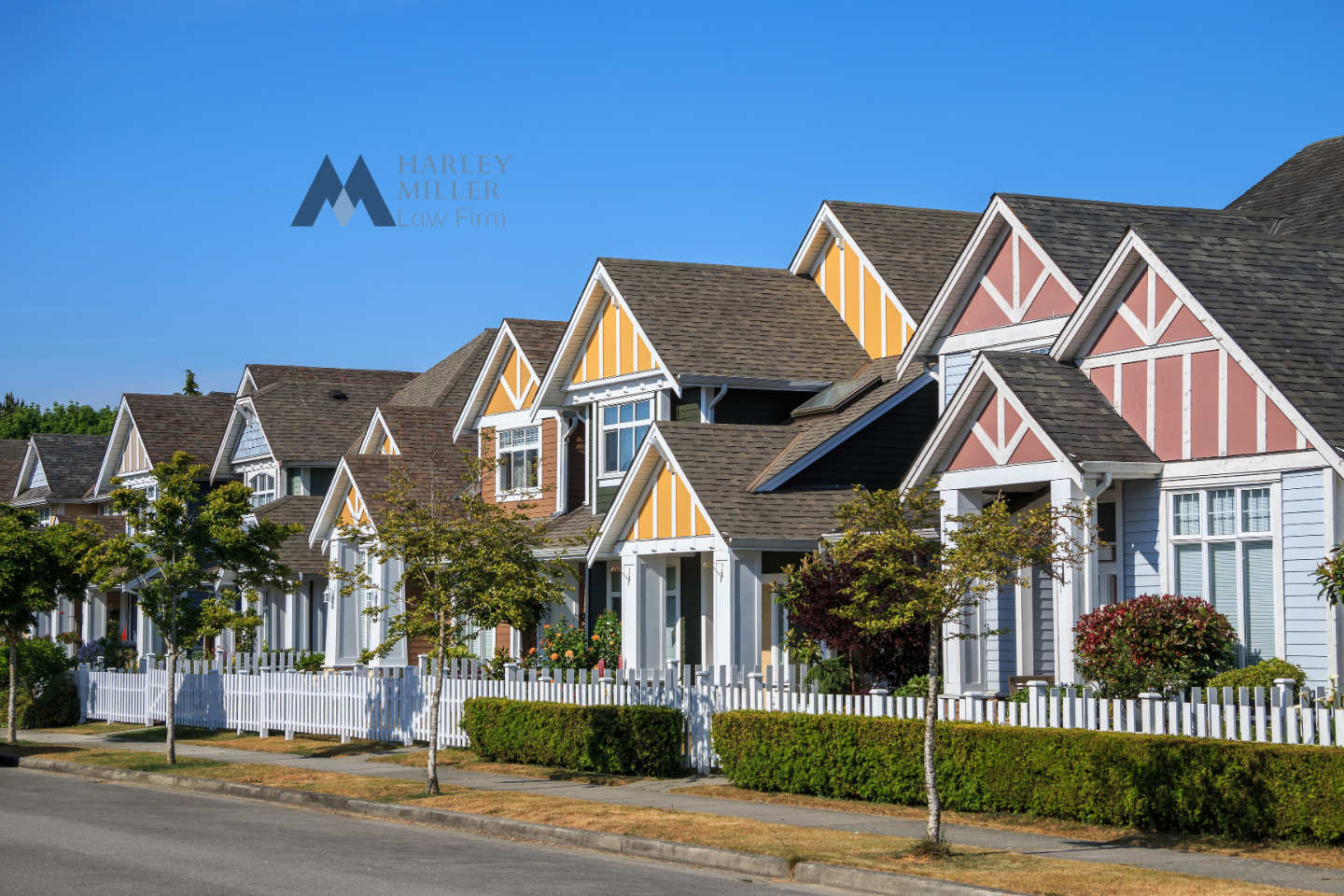As Vietnam becomes an increasingly popular destination for foreign individuals looking to live, work, and invest, the government has implemented policies to make it easier for these individuals to find housing. In recent years, Vietnam has loosened its regulations on foreign property ownership, making it possible for foreigners to buy and rent residential properties. This has opened up a variety of housing options for foreign individuals entering Vietnam, ranging from luxurious apartments to affordable single-bedroom units. However, the process of finding housing in a foreign country can still be daunting, and it is important for individuals to understand the regulations and procedures involved in securing a place to live in Vietnam.
Conditions for foreign individuals to own houses in Vietnam
– Foreign individuals are allowed to enter Vietnam (point c, clause 1, article 159 of the Law on Housing 2014)
-Not entitled to diplomatic and consular privileges and immunities as prescribed by law (Clause 3, Article 160 of the Housing Law 2014)

Form of house ownership for foreign individuals
If the apartment is in an apartment building, foreign individuals are only allowed to buy, rent-purchase, receive as gifts, inherit and own no more than 30% of the apartments (Clause 2, Article 161 of the Housing Law 2014)
In case it is a separate house, including villas and adjacent houses, in an area with a population equivalent to a ward-level administrative unit, a foreign individual may only buy, hire-purchase, receive as a gift, receive inheritance and own no more than 250 houses (Clause 2, Article 161 of the Law on Housing 2014).
Finally, if it is agreed in the transactions of the contract of sale, purchase, lease-purchase, donation or inheritance of a house, the foreign individual may own a house for a maximum of 50 years from the date of issuance of the Certificate and may may be extended according to the Government’s regulations if there is a need; the term of house ownership must be clearly stated in the Certificate. (Point c, Clause 2, Article 161 of the Housing Law 2014)

Procedures for buying a house for foreigners in Vietnam
Regarding apartment ownership, foreign individuals eligible to own houses in Vietnam may only buy or lease-purchase houses from investors in housing construction projects. (Clause 2, Article 76 of Decree 99/2015/ND-CP).
However, foreign individuals are restricted to only inheriting, receiving as gifts for houses of households and individuals, or receiving as gifts for houses of organizations that do not fall within the number of houses in housing investment projects permitted for ownership.(according to Clause 3, Clause 4, Point b, Article 7 of Decree 99/2015/ND-CP)
Below is the order of procedures for buying a house for foreigners in Vietnam
Step 1: Individuals and foreigners make and sign a document on transfer of a house purchase and sale contract.
Step 2: Carry out procedures for notarization or authentication of the following documents:
+ 07 originals of transfer documents of house purchase and sale contract
+The original of the house purchase and sale contract signed with the investor of the commercial housing construction project (and the appendix if any)
+ Copy (certified): Identity card or citizen identification card or valid passport
Step 3: After fulfilling the obligations to pay taxes, fees and charges for the transfer of the house purchase and sale contract.
The foreigner submits 01 set of documents requesting the investor to certify in the transfer document includes:
+ 05 originals of transfer contract of house purchase and sale (notarized and authenticated)
+ The original of the house purchase and sale contract signed with the investor; a copy (certified) of the house handover record
+ Receipt of tax payment for the transfer of house purchase and sale contract or proof of tax exemption in accordance with tax laws
+ Copy (certified): Identity card or citizen identification card or passport or equivalent document
The investor is responsible for certifying in the contract transfer document within a maximum of 5 working days from the date of receipt of a complete dossier as prescribed in Point a, Clause 1, Article 20 of Circular 16/2010/ TT-BXD and hand over to the applicant the following documents:
+ Moreover, the investor has certified 02 transfer documents for the purchase and sale of the house, consisting of 01 copy from a Vietnamese individual and 01 copy issued by a foreigner.
+ The original of the house purchase and sale contract signed with the investor of the commercial housing construction project; a certified copy of the house handover record (in case the investor has handed over the house)
+ Receipt of tax payment for the transfer of house purchase and sale contract or proof of tax exemption in accordance with tax laws.
Step 4: Competent state agency granted a Certificate to foreigner in accordance with the law on land.
When carrying out the procedures for granting a Certificate, in addition to the papers prescribed by the land law, the Certificate applicant must additionally submit to the Certificate-issuing agency the following papers:
+ The original of the house purchase and sale contract signed with the investor; original copy of house handover minutes
+ The original copy of the final transfer contract certified by the investor.
Note, it is strictly forbidden for foreign organizations and individuals to buy houses for resale for business purposes (According to Clause 8, Article 79 of Decree No. 99/2015/ND-CP). If they no longer need to use them, they may resold such houses according to the provisions of Clause 4, Article 7 of Decree No. 99/2015/ND-CP.

Conclusion
In conclusion, while the process of finding housing in Vietnam as a foreigner may seem complex, it is important to remember that there are numerous options available. With the assistance of a reputable real estate agent and a basic understanding of the legal requirements, finding a comfortable and affordable place to live in Vietnam can be a straightforward process. Furthermore, the relaxation of regulations pertaining to foreign property ownership has allowed for a great deal of flexibility in selecting a place to live.
As Vietnam continues to gain popularity as a destination for people from all over the world, experts expect the housing market to further expand. Regardless of the type of housing a foreigner is looking for, there is sure to be an option that suits their needs in Vietnam.
HMLF is always available to offer assistance in understanding the procedures with authorities.

Harley Miller Law Firm “HMLF”
Head office: 14th floor, HM Town building, 412 Nguyen Thi Minh Khai, Ward 05, District 3, Ho Chi Minh City.
Phone number: +84 937215585
Website: hmlf.vn Email: miller@hmlf.vn


